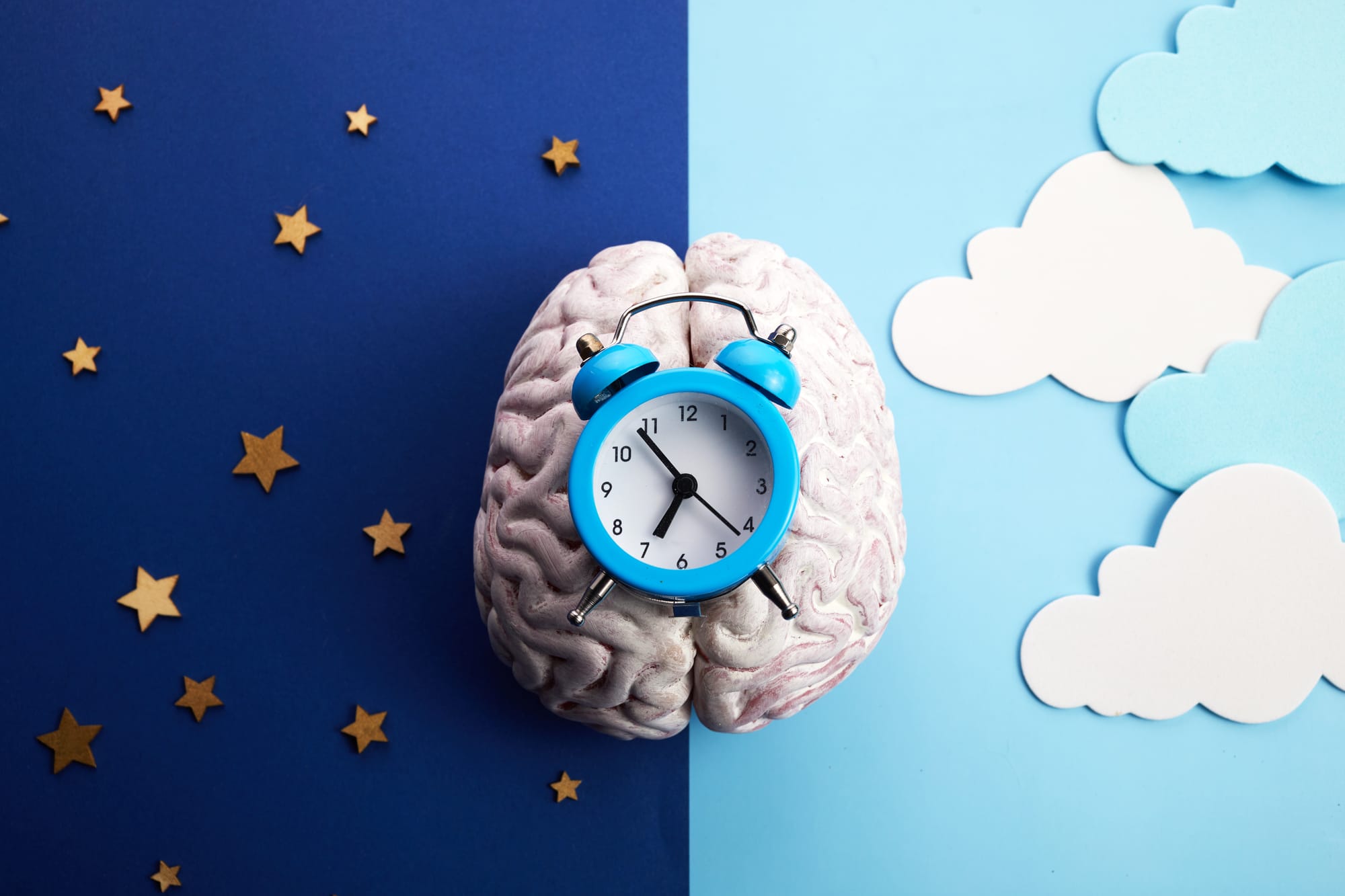Circadian control of appetite and body weight

Ever wondered how our body's internal clock influences our appetite and weight? It's a question at the heart of our research in chronobiology. We're exploring how the circadian clock, the body's natural timekeeper, regulates appetite and body weight in the brain.
Our investigations into this fascinating area could shed light on why disruptions to our internal clock, such as shift work or sleep disorders, often lead to obesity and metabolic syndrome. We're particularly interested in tanycytes, specialized cells in the hypothalamus, which are emerging as crucial players in controlling appetite and body weight. These cells act as sensors, detecting changes in nutrients and sending signals to the metabolic brain to regulate appetite and metabolism. In previous projects, we highlighted their role in responding to environmental cues like light and diet. In this project, we investigate how circadian clocks in tanycytes control the activity of appetite-regulating centres in the brain by studying clock gene expression and key neuropeptides involved in energy metabolism
The Conversation. Daylight saving time: five tips to help you better adjust to the clock change